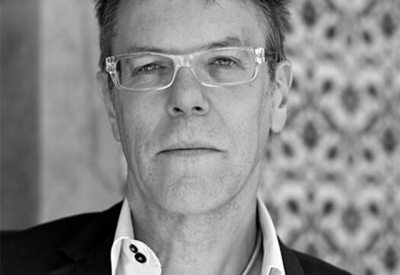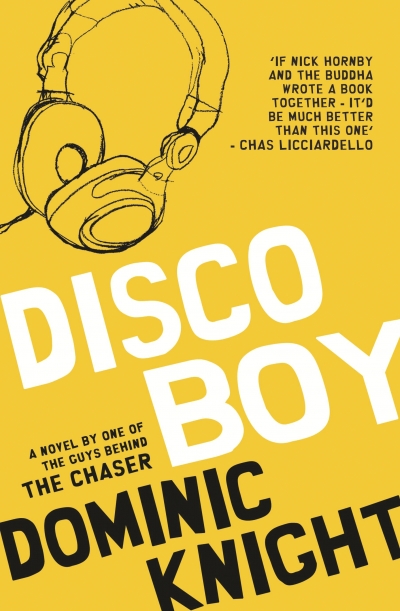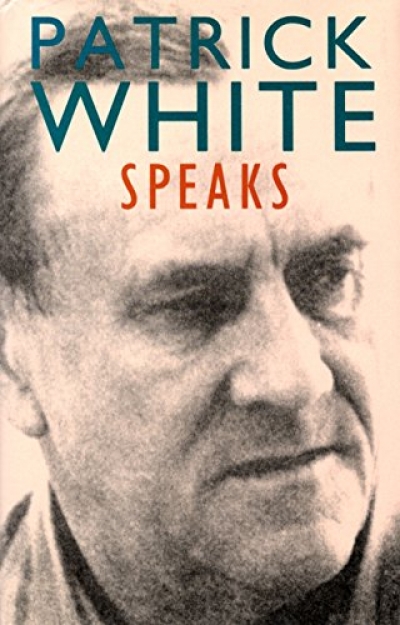Paul Carter
I don’t understand happiness – it always feels coercive – and because of this I don’t understand why the promotion of products that bring happiness holds such wide appeal. I associate consciousness with anxiety: whatever takes you out of yourself brings a kind of relief from this. This can include writing, but also dreaming.
... (read more)Living in a New Country: History, travelling and language by Paul Carter
by Gerald Murnane •
Patrick White Speaks edited by Christine Flynn and Paul Brennan
by Paul Carter •






